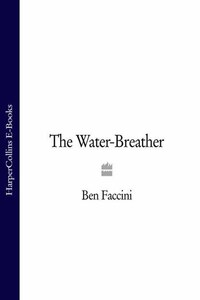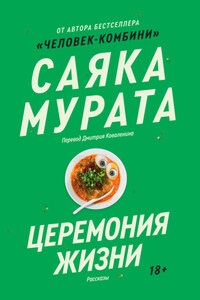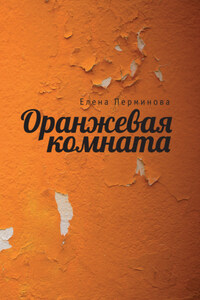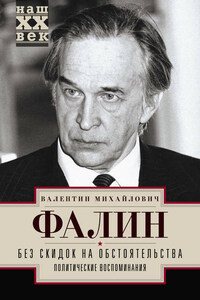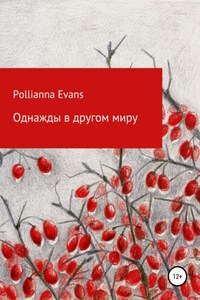He stands at the edge of the lake and rolls a dry leaf between his fingers. It crumbles apart, pieces flutter from the palm of his hand, down onto the surface of the water beside him. He watches them spin and drift in opposite directions. With the end of his walking-stick, he pushes against thin ridges of mud. They fall away. Water moves forward, running down lines of earth, filling pockets, creating pools.
He sits down on the grass. He lays his head on his knees and closes his eyes. The sounds of the lake wash against his feet.
We are always travelling. From country to country, from grandmother to grandmother. We spend winter and spring in the car and, in the summer, my brothers and I have bottles of water on our laps and sweets in our mouths to soften the tight bends that send us sideways across the back seat.
I am Jean-Pio, the middle child. I sit between my two brothers, waiting for the petrol sign to flash up red. It has been my place since we started moving. I either lean forward, my knees jammed into the gap between my parents’ seats, or I push my head back and let my eyes drift through the metal grid of the rear window. I see onto the rushing roads with the occasional tree or lorry to block out the light. I swallow with every bump and dip to quell my car sickness, measured, like a metronome, by the indicator clicking left and right. I read number-plates, decipher stickers on the backs of cars. I play ‘I spy’ in my head. A for air. B for bend. C for car. D for dead-end. I add up number-plates. I count down the kilometres from town to town. I scan the billboards and signposts for new words.
Sometimes, peering into overtaking cars, I meet the gaze of a hungry dog or the empty silhouettes of strangers. I strain to see what they’re wearing and guess where they might be going. They rarely look like us, eyes set on the horizon, children sitting tidily in a row, but occasionally I catch sight of a family like ours. I find parents with feet flattened onto worn down matting and children slouched behind, trouser bottoms stuck to their seats. I follow a father clutching the wheel with impatient hands and a mother severed from the world, floating like paper on a flow of water. I nudge my brothers. Together we turn to glimpse at their fleeting faces, tearing urgently along beside us, leaving sky and ground behind.
In the car, Giulio, my younger brother, sits to my right. Our father says, ‘You can never tell if he’s happy or sad.’ I can tell because when he’s sad his lips crumple and fade into the rest of his face. Duccio, the eldest, is to my left. He’s so handsome that we often can’t walk five metres without people stopping and staring. Our mother reckons that now that he’s eleven, he’s only got one or two years left until he gets a hairy top lip and greasy skin and then that’ll be the end of that. Our back seat is wide enough for us not to touch each other, but if Giulio moves into my space I push him back. If I lean too far over towards Duccio, he crushes my thumb with the seat-belt wrapped around his tightened fist. If we all yell and annoy my father, he pulls the car over and shouts and our mother cries.
Our mother is Ava. Some call her Ave, others Avi. We call her Ama because it’s a mix of Maman and Ava and she hates being called Mum. It’s a bit like me. They couldn’t decide on a single French, English or Italian name so that’s why I’m called two names: Jean-Pio. Ama comes out with ‘we’ about the English, but the origins that shape her mind and flawless white face come and go on the number-plates of passing cars: England, France, Holland and Slovenia. Ama is each and every one of us rolled into one. She is a multi-purpose clasp, an all-embracing shape. She is allergic to the sun and suffers from insomnia. She has always been unable to sleep as far back as we can remember. She can never doze in the car because she develops a lingering pain between the eyes and even if she goes to sleep at night in a warm bed she wakes up with a jump and a tired head that stays with her all day.
Our father is Gaspare, or Pado to us. He’s Italian, with a Sicilian father. Ama says his moods swing from singing ecstasy and smiles, to blind fury. He’s an anatomist and a histopathologist, a specialist in toxins and indoor air pollution. He used to teach in England, but now he rushes around Europe, attending conference after conference, and we go with him. Children, he repeats to Ama, need to see the world. We wait for him in long car parks and he appears between meetings to gesture ‘hang on’ or ‘five more minutes’. Sometimes he carries slides with sections of diseased lungs, or a book on rats which is kept in the glove compartment. It has the answer to many questions: peanuts give brown-brimming tumours, artificial sweeteners cause blooded pockets on the tail and nicotine spreads yellow-stained patches across white fur.
